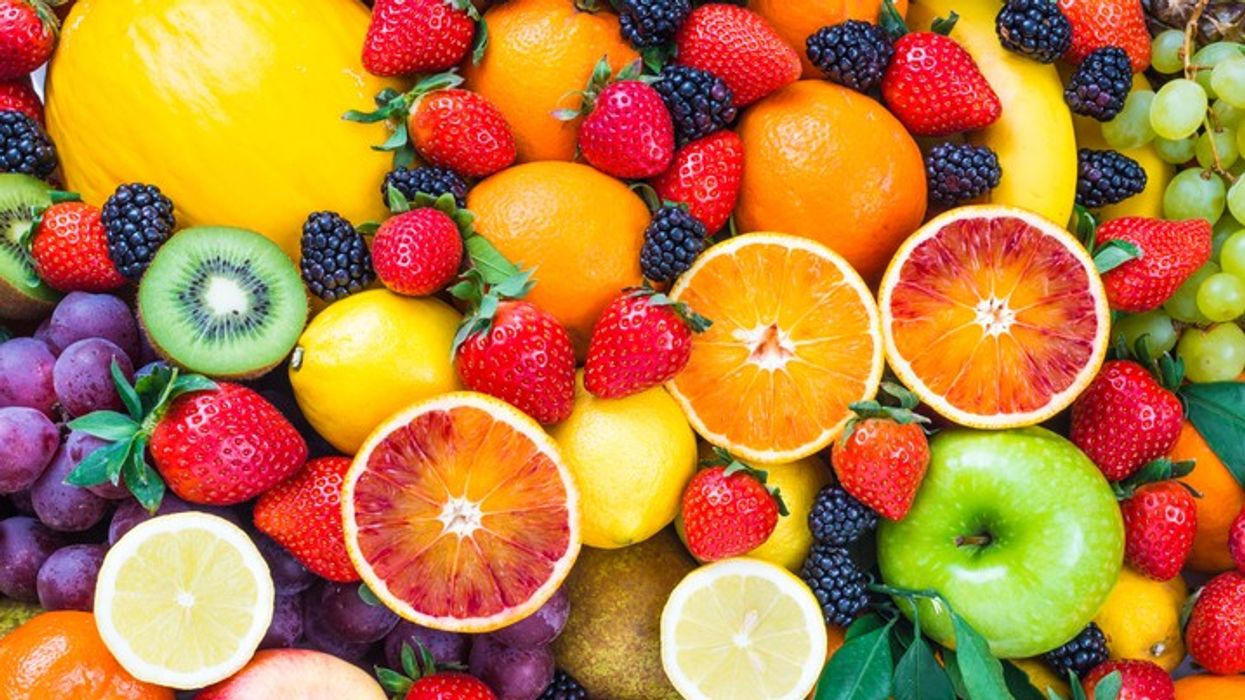The health benefits of eating fruits are well-known, including maintaining blood pressure, reducing heart disease risk, and providing protection against cancer-causing cells.
However, determining the best time to eat fruit can be confusing. According to experts, to maximise the health benefits and avoid potential drawbacks, it's important to consume fruit in proper amounts at the right time.
The foods we eat have a significant impact on our overall health and well-being. Even with knowledge of the consequences, it's common to make unhealthy food choices or unintentionally harm our health when consuming healthy foods, like fruits.
In this case, we're not discussing unhealthy processed foods, but rather common mistakes made while eating fruits. Let’s take a look at what these mistakes are.
A well-known Ayurveda and gut health guru, Dr Dimple Jangda recently took to her Instagram account to highlight the three most common errors to avoid when consuming fruit.
Never have fruits for dessert following a heavy meal
Fruits take only one hour to digest and should not be consumed immediately after a meal. Doing so can cause indigestion and symptoms like bloating, gas, and flatulence because it pushes undigested food into the small intestine. To prevent this, make sure to leave a two-hour gap between your meal and fruit consumption. If you eat fruits first, wait for one hour before having a solid meal.
“So, if you had fruits at 8am, you can have your solid meal or breakfast at 9am. If you have had a solid meal first, then have fruits two hours after breakfast,” the expert states.
It's often said that consuming fruits with meals slows digestion and causes food to ferment or rot in the stomach, leading to digestive issues such as acidity, pain, and other concerns, a recent report in NDTV informs.
Avoid eating fruits for dinner
Fruits contain active acids and enzymes, such as fumaric, tartaric, oxalic, citric, and malic acid, which have a stimulating effect on the body and disrupt melatonin production, making it harder to fall asleep.
Consuming just one apple can have the same energising effect as a cup of coffee, Dr Dimple notes. Therefore, to avoid these effects, it's best to not eat fruits after sunset.
She advises, an ideal time for a second serving of fruit is as an afternoon snack around 4 PM, instead of reaching for junk food.
Avoid combining different types of fruit
There are three categories of fruits that should never be consumed together:
• Astringent fruits: Apples, berries, cherries, pears
• Sweet fruits: Papaya, mango, banana, peach, avocado
• Sour fruits: Oranges, lemons, tangerines, grapefruits.
Some experts believe it’s always best to eat fruits in the morning or between meals and not with meals, as this allows for improved nutrient absorption.
Speaking about the same, chief dietician Pavithra N Raj, Manipal Hospital, Bangalore, India, told The Indian Express, “Fruits have a good amount of fibre, so combining and having along with meals is not advised. Also, fruits have micro nutrients; so, when combined and eaten along with meals, nutrition absorption may not happen to the fullest.”
Consuming fruits on an empty stomach reportedly promotes digestion, promotes weight management, promotes detoxification, and may help prevent certain fat-related disorders.
Additionally, eating fruit in the morning or afternoon supposedly stimulates the digestive system and raises blood sugar levels. They are easier to digest on an empty stomach and provide a boost of energy in the morning to start the day.
Also, if you consume fruit first thing in the morning, you will feel energetic and productive for the rest of the day.
Further, eating fruit between meals is a healthy practice. This is when the body efficiently digests food and secretes various enzymes to break down fruit. In addition, they keep you feeling full for a longer time, reducing the temptation to snack between meals. A delicious snack can be created by arranging fruits on a platter and adding nuts and seeds on top.
Conclusively, it's always best to eat one type of fruit at a time because each fruit has its own unique properties - some are citrusy, some are high in carbohydrates, and others are rich in vitamins and potassium. “Combining fruits may cause some digestion and bloating problems,” Pavithra said.




